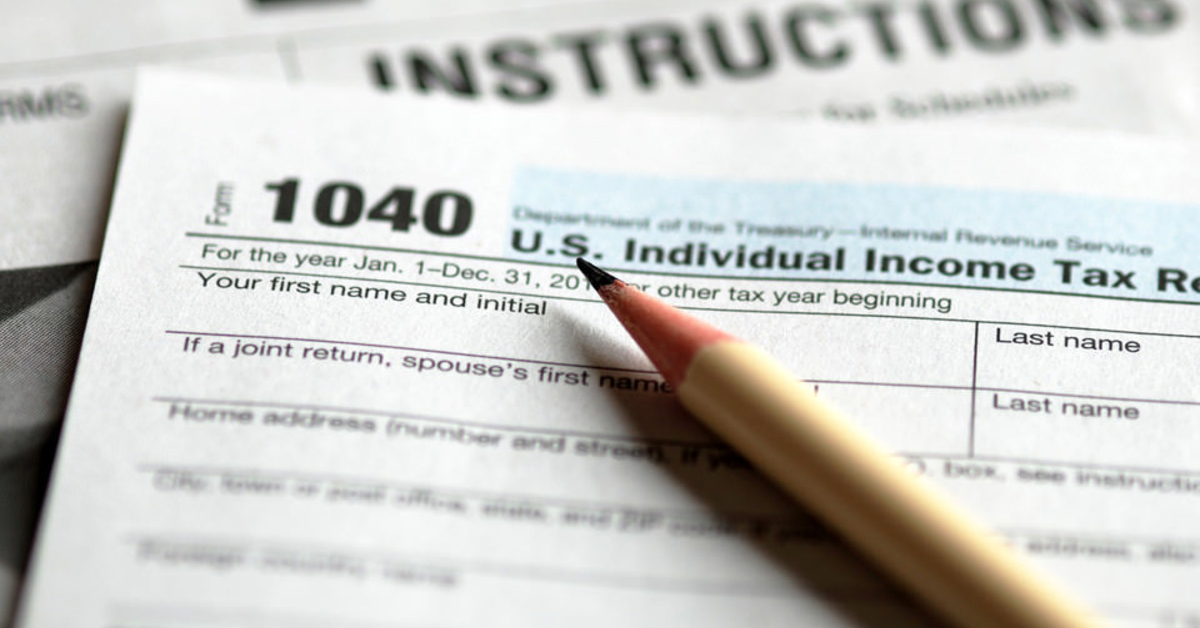The IRS has launched the 2024 tax season with some noteworthy changes, aiming to simplify the filing process and potentially boost refunds. Mark Cappis, owner of Cappis Consulting and Tax in Great Falls, pointed out that while there haven’t been substantial alterations in tax laws over the past few years, the IRS has made adjustments to brackets and standard deductions for the current tax year. These modifications, including the option for online submission of various documents that typically require manual filling and mailing, are designed to expedite the refund process for taxpayers.

IRS Introduces Changes for Faster Filing, Online Submission, and Higher Brackets!
IRS Raises Brackets, Montana Simplifies for Smoother Filing in 2024!
Cappis highlighted that the IRS is addressing the evolving landscape by raising tax brackets by 5.5%, potentially resulting in reduced tax burdens or larger refunds for individuals in 2024. This shift aims to streamline the filing experience, especially in the face of a shortage of tax preparers due to challenges posed by COVID-19. Larger firms have had to release some preparers, contributing to a shortage in the profession.
The state of Montana has also joined the tax reform initiative, simplifying its structure by reducing tax brackets from five or six down to two. While they’ve lowered tax rates, some deductions have been eliminated. Cappis emphasized that these state-level changes mean individuals will need to align their federal and state filing status, whether standard or itemized.
READ ALSO: First Wave Of Stimulus Checks Set To Roll Out On February 09, 2024 – What You Need To Know!
Embracing Changes for Faster Filing in 2024 Tax Season for Bigger Refunds!
The overall goal of these changes, according to Cappis, is to make the tax filing process more accessible and efficient, especially with the introduction of online submission options. The adjustments in tax brackets and deductions, both at the federal and state levels, are intended to provide relief to taxpayers and adapt to the challenges faced by the industry.
As taxpayers navigate these “Changes for Faster Filing,” they may find themselves in a position to owe less in taxes or enjoy more substantial refunds for the 2024 tax year.
READ ALSO: $4,200 Stimulus Approved For Low-Income Seniors In February 2024 – Fact Check And Everything You Need To Know!













































